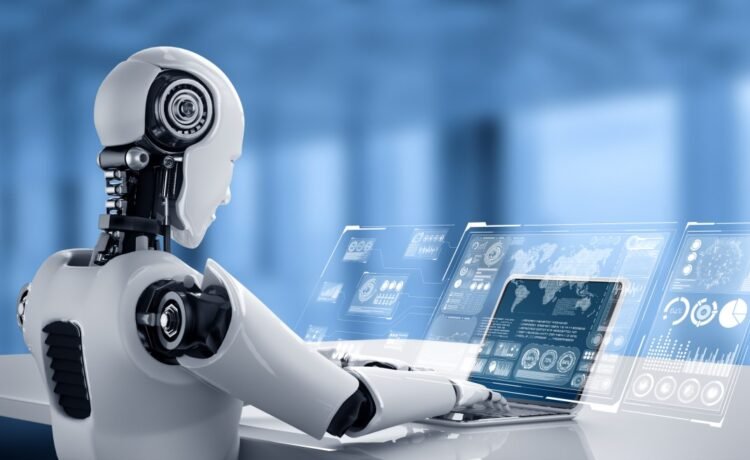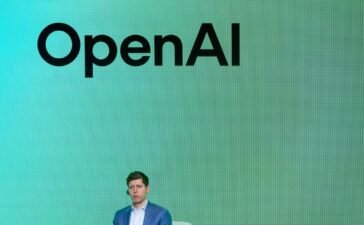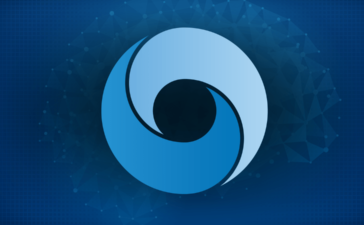In the U.S., AI-generated creations — books, movies, and so forth— that have been edited by a human can likely be copyrighted, but those without any human modifications or additions cannot.
That’s according to a report published by the U.S. Copyright Office (USCO) on Wednesday, which outlined scenarios in which AI-generated content might be eligible for IP protections. Per the guidelines, a movie production house, for example, could copyright a film in which they used an AI tool to “de-age” actors or remove objects from a scene.
Prompts alone (e.g. “a sketch of a flower in springtime”) don’t usually produce works that can be copyrighted. But the USCO made clear in its report that copyright must be determined on a case-by-case basis.
The agency has yet to rule whether AI systems making “expressive,” independent artistic choices can produce copyrightable works. It plans to address this in a follow-up report due out in the coming months.
You Might Also Like
Chinese marketplace DHgate becomes a top US app as trade war intensifies
The Trump trade war has gone viral on TikTok, pushing a Chinese e-commerce app, DHgate, to the top of the...
Hertz says customers’ personal data and driver’s licenses stolen in data breach
Car rental giant Hertz has begun notifying its customers of a data breach that included their personal information and driver’s...
OpenAI plans to phase out GPT-4.5, its largest-ever AI model, from its API
OpenAI said on Monday that it would soon wind down the availability of GPT-4.5, its largest-ever AI model, via its...
Google’s newest AI model is designed to help study dolphin ‘speech’
Google’s AI research lab, Google DeepMind, says that it has created an AI model that can help decipher dolphin vocalizations,...










